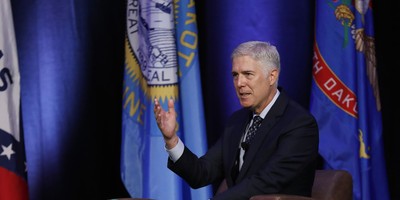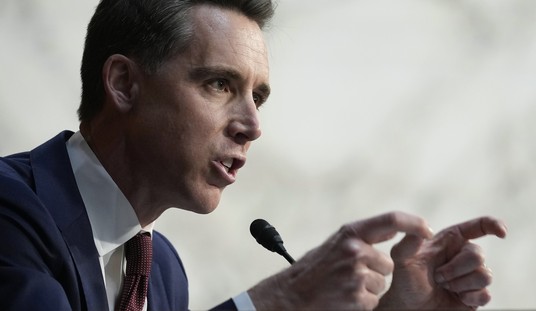In a triumphant moment, New York City announced it would include ridesharing services in its metro budget. Realizing that many residents live in areas with inadequate late night and early morning metro services, the Metro Transportation Authority plans to subsidize ridesharing as early as June to help bridge the gap between people’s bus stop and home.
While this is a good start, if cities wanted to improve their public transit, they would replace their bus systems in favor of ridesharing.
Earlier this month, New York City Chief Innovation Officer, Mark Dowd, announced the city is looking to partner with transportation network companies to help ‘fill the gap’ with some of the cities most unreached areas. As millions of New Yorkers currently work outside the typical 9-5 work schedule, “the program will provide subsidized e-hail rides to outer-borough residents living more than half a mile from the nearest subway station, whose off-hour commutes force them to contend with infrequent subway and bus service,” according to Dowd.
Jonathan Bowles, executive director of the Center for an Urban Future, notes that many residents are “taking two buses in many cases, and sometimes these connections take upwards of half an hour late at night.” Indeed, with one of the longest commutes in the country, the average New Yorker can expect to spend 58 minutes traveling each day. Meanwhile, ridesharing services would reduce these travel times helping residents get home sooner.
Yet, despite these apparent benefits, some are worried that the funding isn’t going towards public transit. New York City Comptroller, Scott Stringer, contends that improving the rail system would be a better use of funds. However, people like Stringer should embrace the change as cities across the U.S. have already seen great success in subsidized ridesharing.
Recommended
In Dallas, the city was able to save $10 per ride when it contracted a portion of its coverage to Uber. Similarly, in Ontario, Canada, city officials scrapped the idea to implement a bus route that would’ve cost $26 per trip when they found that Uber would only charge $7 per rider. And in 2015, after Denver started to subsidize Uber rides to the airport, David Genova, chief executive of the Regional Transportation District at Denver’s Union Station boasted that his “colleagues around the country are very, very interested in this [project].”
With cheaper alternatives in the market, it should come as no surprise that the industry has skyrocketed in popularity. With more affordable fares and better service, in 2017, New York City Ubers suppressed taxis in daily ridership. Meanwhile, the future for public transit looks grim, as 200 million fewer rides were taken in 2019 than in 2008.
Instead of trying to revitalize a declining industry, like Stringer proposes, or only subsidizing ridesharing to “fill in the gaps,” cities should allow ridesharing to replace public buses entirely. Not only would this provide a great benefit to many of the city’s residents, but it would also substantially free up some funds as well. A National Bureau Economic of Research paper found that privatizing every bus route in the nation would save around $6 billion in tax dollars along while simulating an extra $500 million in economic activity.
And while some might be skeptical about replacing the bus with ridesharing, one city has shown it can work. Already in Arlington, Texas, the city has had great success after it decided to scrap its bus system in favor of the rideshare company, Via, which has given residents the ability to ride for only $3.
As cities learn to integrate ridesharing in their budgets, they should go a step further and fully replace public buses with contracting ridesharing services. Not only will this provide a better and cheaper service to its residents, but cities will be able to cut costs on their public transit budget. As New York City has shown, ridesharing is here to stay. Now it’s up to lawmakers to give both commuters and cities a ‘win’ by fully embracing a free-market solution.
Janson Q. Prieb is a policy analyst at the American Consumer Institute, an education and research organization. For more information about the Institute, visit www.TheAmericanConsumer.Org or follow us on Twitter @ConsumerPal.

























Join the conversation as a VIP Member